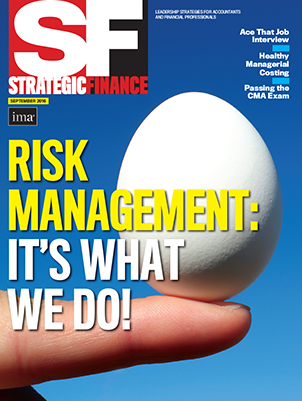Warren claimed that White’s Disclosure Effectiveness Initiative had exceeded the boundaries set by the JOBS Act and that White’s rationale for the initiative—the need to reduce “information overload” on investors—was spurious. Warren noted that the SEC’s Investor Advisory Committee had said the current amount of disclosure is appropriate. Warren criticized White and the U.S. Chamber of Commerce, which she said had produced “a fact-free report whining about this non-existent information overload.” Instead of spending resources on her two-year initiative, Warren argued, White should have used those resources to finish the 20 Dodd-Frank rulemakings still incomplete six years after the bill’s passage. White countered that the initiative could produce new reporting requirements on business such as on foreign taxes. “I’m disappointed in your disappointment,” White replied. “I couldn’t disagree more with your characterization.”
SEC’s WHITE OPPOSES H.R. 3868
At a Banking Committee hearing, Sen. Patrick Toomey (R.-Pa.) pressed Mary Jo White, chair of the SEC, on why she has voiced opposition to a bipartisan House bill that would make it easier for Business Development Companies (BDCs) to invest in small and medium-sized businesses. The bill is called the Small Business Credit Availability Act (H.R. 3868), and it passed the House Financial Services Committee by a whopping bipartisan vote of 53-4. There are currently more than 80 BDCs in existence in the United States with more than $70 billion in outstanding loans to middle-market businesses (U.S. companies with $5 million to $150 million in annual revenues). Fifty-seven of the BDSs are publicly traded. The most controversial aspect of the bill is that it would increase a BDC’s ability to deploy capital to businesses by reducing its asset coverage ratio, or required ratio of assets to debt, from 200% to 150% if certain requirements are met. White objected to that increase in “leverage,” saying “I still have investor protection concerns.”

September 2016



